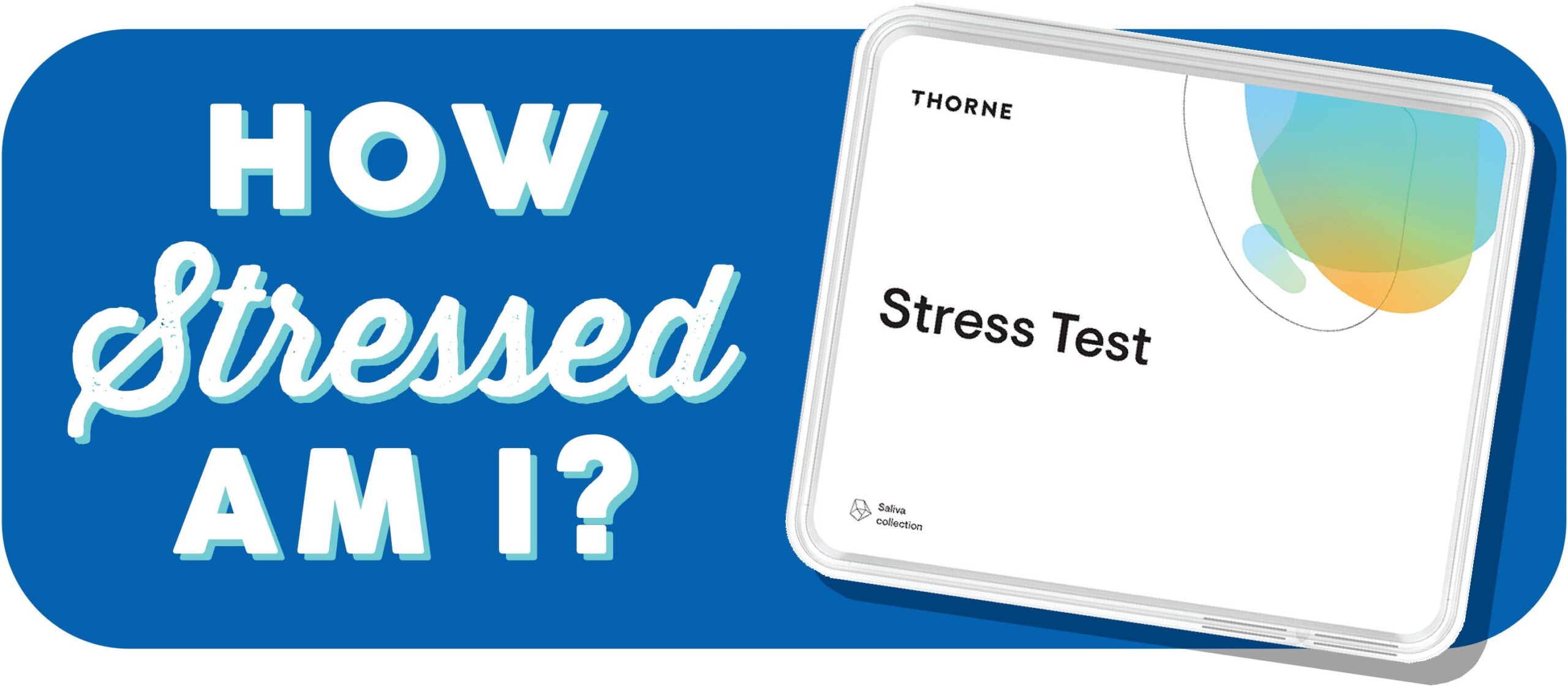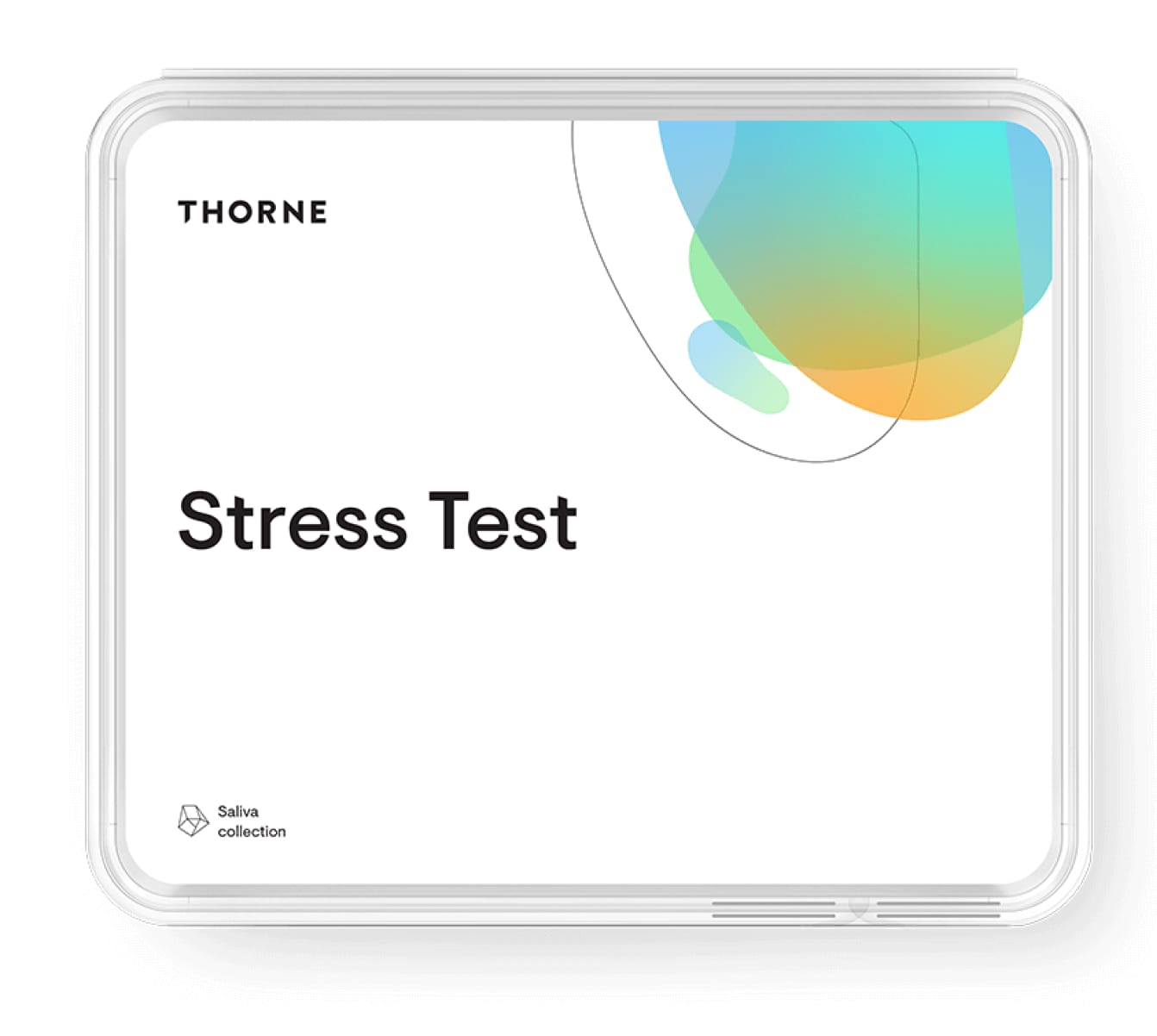
Recognizing stress can be challenging because symptoms can vary and may blend into our daily routine. Here are some signs that often indicate stress:
1. Physical Symptoms
- Headaches and Muscle Tension: Stress often causes headaches and muscle stiffness, particularly in the neck and shoulders.
- Stomach Issues: Digestive problems, such as stomach cramps, bloating, or frequent indigestion, can be related to stress.
- Fatigue or Trouble Sleeping: Persistent tiredness or difficulty falling or staying asleep is a common reaction to stress.
- Increased Heart Rate or Sweating: A racing heart, sweaty palms, or shortness of breath can all be physical responses to stress.
2. Emotional and Behavioral Symptoms
- Mood Swings or Irritability: Feeling more easily irritated or snapping at others is a common sign of stress.
- Difficulty Concentrating: Trouble focusing or a “foggy” mind often points to mental fatigue caused by stress.
- Feeling Overwhelmed or Anxious: Constantly feeling on edge or worried, even over small things, is a key indicator of stress.
- Social Withdrawal: Losing interest in socializing or avoiding friends and family can signal that stress is becoming overwhelming.
3. Behavioral Changes
- Changes in Appetite: Stress can lead to eating more or less than usual. Some people crave sugary or high-carb foods during stressful times.
- Neglecting Responsibilities: Feeling unable to keep up with work or household tasks may indicate stress, as it impacts motivation and focus.
- Relying on Substances: Increased use of caffeine, alcohol, or other substances to “cope” may be a sign of stress.
4. Cognitive Symptoms
- Racing Thoughts: Experiencing a continuous stream of worry or negative thoughts is a common stress response.
- Memory Issues: Short-term memory may be affected, with frequent forgetfulness or difficulty recalling details.

How to Know for Sure?
Noticing several of these signs may indicate stress. Take a moment to assess recent changes in your mood, habits, and energy. A self-assessment test online can provide insights, and for ongoing symptoms, a health professional can suggest effective stress management strategies.
